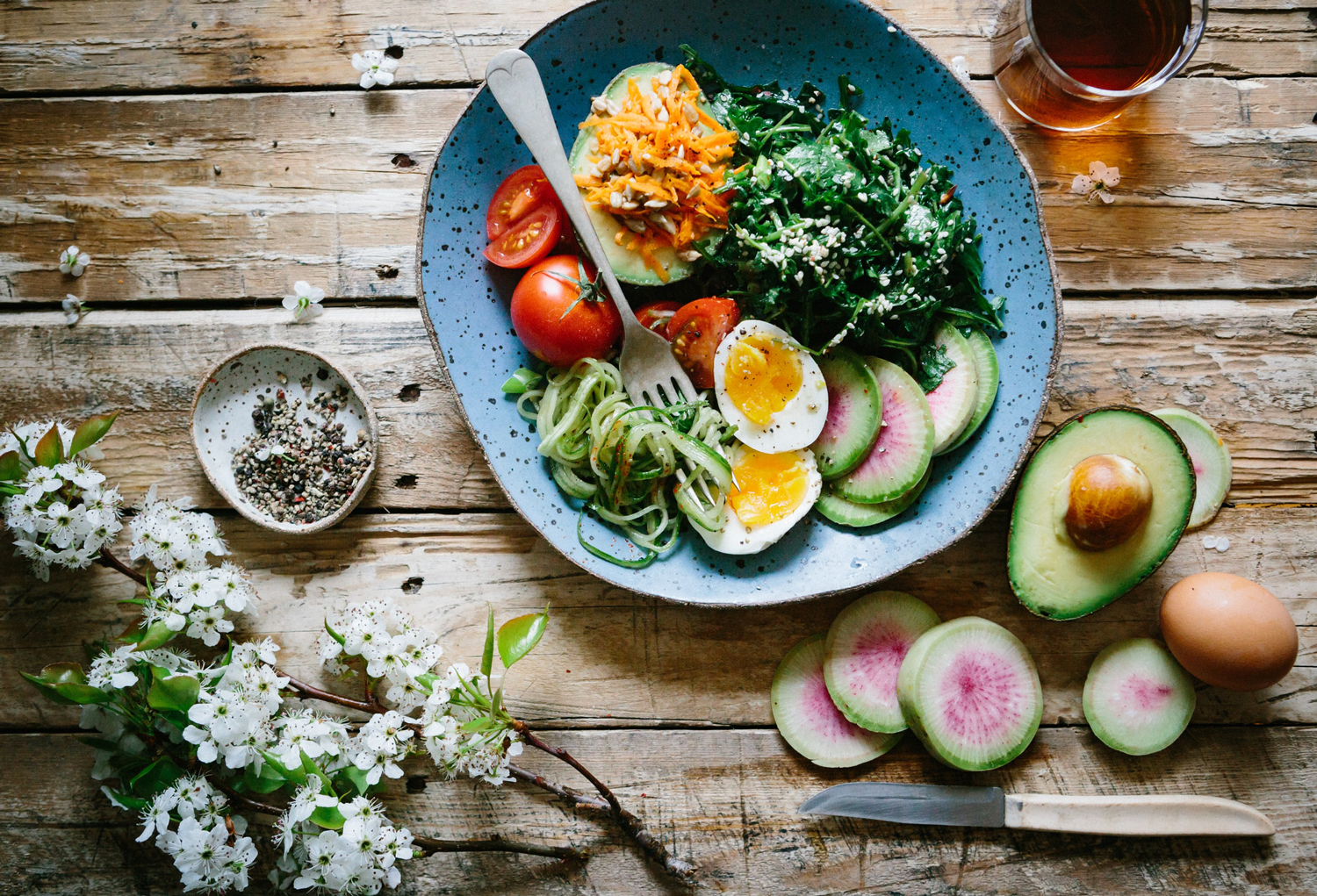7 nutrients that can support your immune system
a year ago
Nutritiona year ago
Nutrition
We all know how important it is to eat well to stay healthy, but which foods pack the biggest punch in the immune-system department? Dietitian and nutritionist Sarah Schenker breaks down our shopping lists for us…
As the festive season approaches, it's worth giving our immune system a little boost to help fight off winter colds and bugs.
Certain nutrients can help keep your immune system functioning in tip-top condition, plus they can “help to keep you happy if you're feeling under the weather,” says independent registered dietitian and nutritionist Sarah Schenker.
So, what are the key vitamins and minerals we need and where can we find them in the food we eat? Over to Sarah…
This fantastic vitamin is well-known for its link to shortening the length of colds , but it’s also critical for a strong and healthy immune system. “Vitamin C is particularly important as it helps our bodies produce white blood cells, which are needed to fight infection,” says Sarah.
Where to find it: Vitamin C can’t be stored in the body – so if you take in more than your body needs, you literally wee out any excess ! "This means you need to make sure you tuck into food or drink containing vitamin C every single day, such as citrus fruits, orange juice, green leafy vegetables, frozen peas and frozen berries,” says Sarah.
Ever heard of the ‘sunshine vitamin’? It’s a nickname sometimes used to refer to vitamin D, and it’s so called because our skin makes the nutrient when exposed to direct sunlight. The problem comes when we don’t get as much sunlight as we really need during the winter months. “Vitamin D is essential for our natural, built-in immunity – known as ‘innate immunity,’” explains Sarah, “and we need this to fight the spread of viruses that are new to our body. This type of built-in immunity is different from the type of immunity you might get from a vaccination or having a particular infection.”
Where to find it: There are only a few decent food sources of vitamin D – in particular, oily fish and red meat. “But, as you shouldn’t eat those foods every day, all adults, including pregnant and breastfeeding women , are recommended to take a supplement of vitamin D3 during the winter months,” says Sarah. For adults and children over 1 year old, take a supplement of 10mcg a day .
These amazing nutrients team up inside your body with vitamin C, rather like an antioxidant super-team. “When working together, this powerful trio are responsible for fighting excess free radicals – unstable molecules that can harm the cells in your body,” says Sarah. “This makes these nutrients really important for good immunity.”
Where to find them: “Betacarotene is found in anything red, orange or yellow – for example mangoes and carrots – plus dark green leafy vegetables, like spinach and watercress,” says Sarah. “Think colourful! And Vitamin E is found in foods like avocados, nuts and seeds.”
This mineral is also an antioxidant and another immune system goodie needed for healthy immune cells . As an antioxidant, one of zinc’s jobs is to put the brakes on the body’s immune system when there is an infection in order to avoid the immune response escalating out of control, according to a study .
Where to find it: Good sources of zinc are seafood, plus red meat, poultry, beans, nuts and dairy products. Try this Mindful Chef ginger chicken and coconut broth with vegetable noodles to get a dose in.
Selenium is another mineral that works as an antioxidant inside the body, and according to a US study , having low levels of selenium can slow the body’s immune response, including for your body’s built-in immunity.
Where to find it: Never heard of this one? "You can find it in meat and seafood, but the best sources of selenium by far are Brazil nuts,” says Sarah. “About six Brazil nuts will give you everything you need. But don’t overdo it because Brazil nuts are toxic in large doses.”
A 2019 study found that omega-3 fatty acids are needed for innate immunity and have an anti-inflammatory effect inside the body. Importantly, these essential fatty acids can’t be made in our body, so we have to get them from our food.
Where to find them: Everyone should aim to eat two portions of fish a week – one of which should be oily fish, like mackerel, sardines and salmon. Need ideas? Try this Mindful Chef recipe for baked salmon with pesto crumb .
Please note: girls, women who hope to one day have a baby, and women who are pregnant or breastfeeding should each have no more than two portions of oily fish a week, according to the NHS , as they can contain low levels of pollutants that build up inside the body. If you don’t like fish, flaxseed, nuts and oil are also sources.
There you have it. A few ideas for what to put on your shopping list this week.
 Cycle syncing
Cycle syncing Perimenopause
Perimenopause Perimenopause
Perimenopause Perimenopause
PerimenopauseSign up to learn everything you need to know about CycleMapping, plus how you can live better and feel better through optimising your fitness to you.
This website uses cookies to ensure you get the best experience on our website. Learn more

Sign up for the very latest news on women's fitness, health and hormones, plus be the first to receive exclusive offers and extras